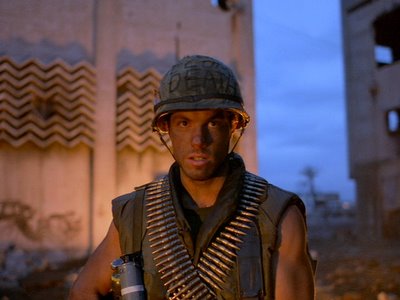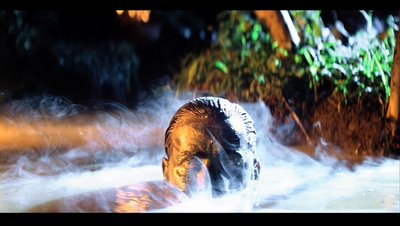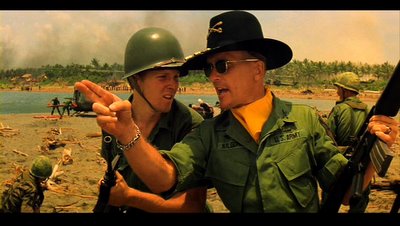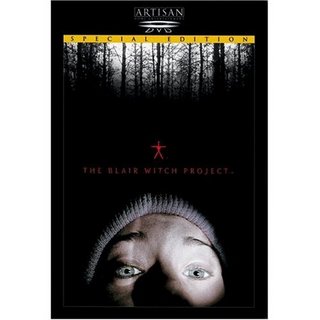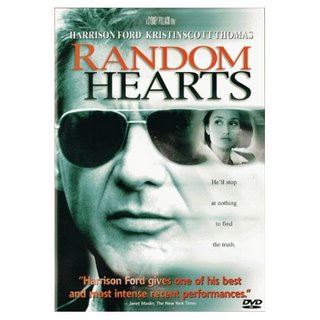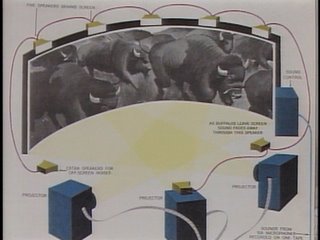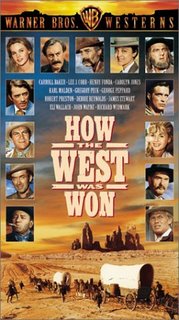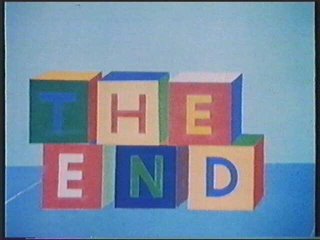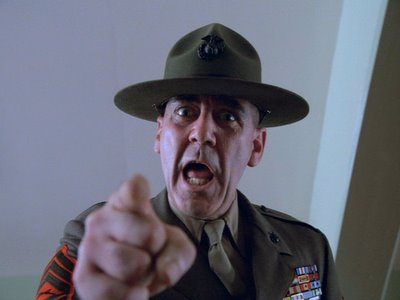 Never have I seen such a well-balanced film strike the medium between shoot-em-up flick and anti-war preaching. Stanley Kubrick's "Full Metal Jacket" is a decidedly anti-war film with the presence of countless original absurdities and fantastic battle cinematography.
Never have I seen such a well-balanced film strike the medium between shoot-em-up flick and anti-war preaching. Stanley Kubrick's "Full Metal Jacket" is a decidedly anti-war film with the presence of countless original absurdities and fantastic battle cinematography.There are so many memorable lines and easily recalled scenes that "Full Metal Jacket" is a full-fledged classic. I particularly enjoyed my return visit to the abusive domain of one Sgt. Hartman (portrayed masterfully by the man who lived it -- E. Lee Ermey).
The message of this film goes well beyond the simple "war-is-hell" routine to enter the ramifications of combat, training, trench life and the brotherhood of those that fight for their country. I don't think I have ever seen another war movie that tackles so many complex topics without backing into at least some kind of heavy-handed moments. This one is solid through and through.
And if for nothing else, you'll likely enjoy the experience that is Adam Baldwin's character, Animal Mother. I mean, who else was going to go in there after those guys?
